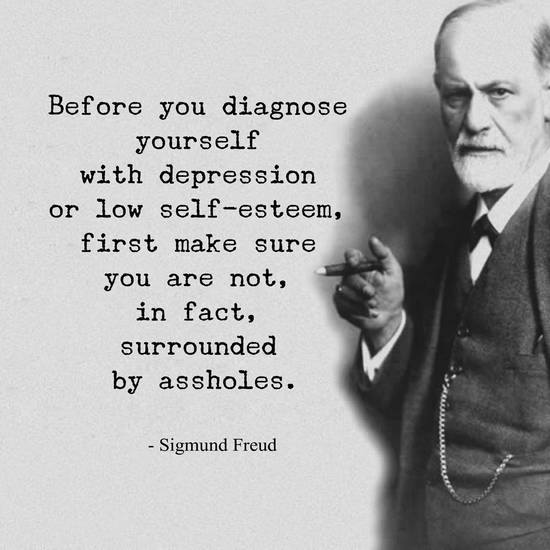
When we sell ourselves as business or executive consultants, remember that our advice will impact people’s lives and livelihoods.
A knowable deception is acceptable when selling me a more expensive shirt, shampoo, or a consumer product that only affects my life. I know that drinking a particular kind of beer or spirit will not make me super attractive and more popular, but that is my choice, and it does not affect others.
Executive consultant and coaching advice to managers about the world of work, a lack of knowledge, knowable deception (AKA bullshit), and overly salacious sales language are unethical.
When we begin to look and talk about people, their work and how others treat them and their employer, the need for accuracy and evidence is required to ensure we are not causing greater distrust and harm to people. This is even more important when one claims to be an expert or trainer. In that position, one is taking an expert role and your need to be and have the best information is requisite.
There are many good places where an executive consultant or coach can find some evidence of what may help an organization. Here are some examples:
- Science for Work
- The Oxford Review
- Center for Evidence-Based Management
- MIT Sloan Management Review
- Evidence-Based Management
- Pfeffer
- Mintzberg
How can an executive consultant think about the benefit of evidence-based management?
“CONSIDER this hypothetical situation: You have a serious illness. Your doctor prescribes an intrusive, painful and costly treatment. What she doesn’t say — because she hasn’t consulted the research — is that most studies find the treatment ineffective and fraught with negative side effects.
You go through the procedure, which doesn’t work. You later find the research your doctor failed to consult. When you ask why, she answers: “Who pays attention to studies? I have years of clinical experience. Besides, the protocol seemed as if it ought to work.”
Does that sound like malpractice? It does to us. Fortunately, pressures to practice evidence-based medicine are reducing preventable errors.
That isn’t the case, however, in most workplaces, where failure to consider sound evidence repeatedly inflicts unnecessary damage on employee well-being and group performance. It doesn’t have to be that way.” Trust the Evidence, Not Your Instincts
Perhaps it is the trained scientist in me, or maybe the skeptic. When I begin to feel too closely aligned with a leadership or organization development theory or practice, I actively seek to find contrary evidence. When I find something that does not align with the theory, it is accepted, and I work to understand what contexts the theory may be right and wrong and whether it ought to be shared with clients.
Within my consulting, ‘First, do not harm’ has been complemented by ‘Will this work to attract trust to the organization?’
Executive coaching and consulting carry the responsibility of knowing your discussion will impact people’s work and livelihood. Poor advice will change how the manager perceives other people and how the organization perceives that manager. It may result in people getting terminated from the workforce. This is not a responsibility that benefits from your intuition, magical thinking, and biased belief about people and work; it is a serious responsibility that requires research, evidence, safe-to-fail experiments, open challenges, plus tools to limit biases.

